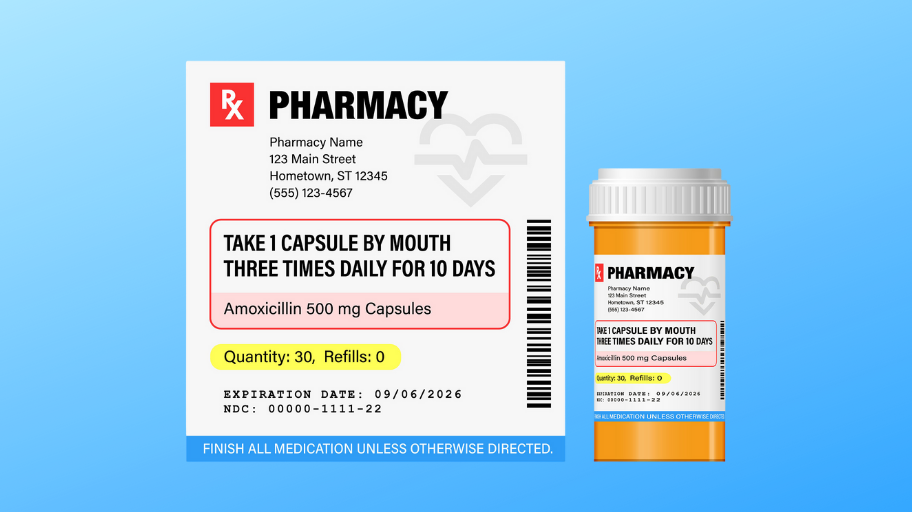Breaking Barriers with CRISPR’s Regulatory Approval

CRISPR is a revolutionary gene-editing tool that catalyzes a new era in precision medicine and drives a fierce ethical debate.
Why It Matters
Regulatory approval of CRISPR for sickle cell disease is a pivotal breakthrough in genetic medicine, paving the way to address over 10,000 known single gene disorders.
State of Play
The approval of Casgevy for treating sickle cell anemia is a critical milestone that reflects CRISPR’s decade-long evolution from groundbreaking discovery to Nobel Prize recognition in 2020.
- Casgevy (formerly Exa-cel), developed by Vertex Pharmaceuticals and CRISPR Therapeutics, modifies patient stem cells to treat sickle cell disease, backed by years of successful trials. However, the $2.2 million one-time cost for Casgevy presents a significant financial barrier to access.
- In a world first, the UK’s Medicines and Healthcare Products Regulatory Agency (MHRA) approved the use of Casgevy for sickle-cell disease and transfusion-dependent beta (β)-thalassemia in November 2023.
- The FDA quickly followed MHRA and approved Casgevy for the treatment of β-thalassemia in December 2023.
CRISPR at the Crossroads
CRISPR’s versatility extends beyond treating red blood cell diseases, addressing diverse genetic conditions and global health challenges.
- Verve Therapeutics and Eli Lilly are collaboratively targeting liver genes to lower lipid levels and reduce cardiovascular disease risk.
- eGenesis is addressing the critical shortage in global organ supply by using CRISPR to modify pig organs for human transplants.
- Editas Medicine is achieving promising outcomes in early-phase trials for treating a genetic form of blindness using innovative CRISPR techniques.
- Sherlock Biosciences is utilizing CRISPR-based systems to detect pathogens in blood or saliva samples, revolutionizing diagnostic tools for viral and bacterial infections.
CRISPR Roadblocks Ahead
While CRISPR technology holds transformative promise, it faces several ethical, ecological, and regulatory challenges.
- The capacity of CRISPR to edit human embryos has ignited worldwide ethical debate around the boundaries of its application.
- Introducing CRISPR-altered organisms into ecosystems could result in unexpected ecological impacts.
- Diverse global regulations on genetically modified organisms highlight the need for international agreements to ensure their safe and ethical use.
Expanding Horizons
To dive deeper into the science driving CRISPR therapeutics and other immunotherapy, check out our upcoming live event, Immunotherapy Immersion: A Non-Scientists Guide to Immune-Based Medicine on Sept 25-26, 2024 in Seattle, WA.

Biotech Primer is your go-to source for interactive training across the biotechnology, pharmaceutical, molecular diagnostics, and medical device sectors. Explore a range of in-depth biotech courses designed to deepen your understanding of key principles and applications in the field.
Learn More









